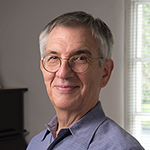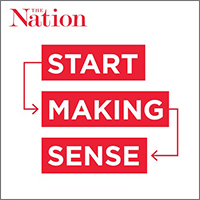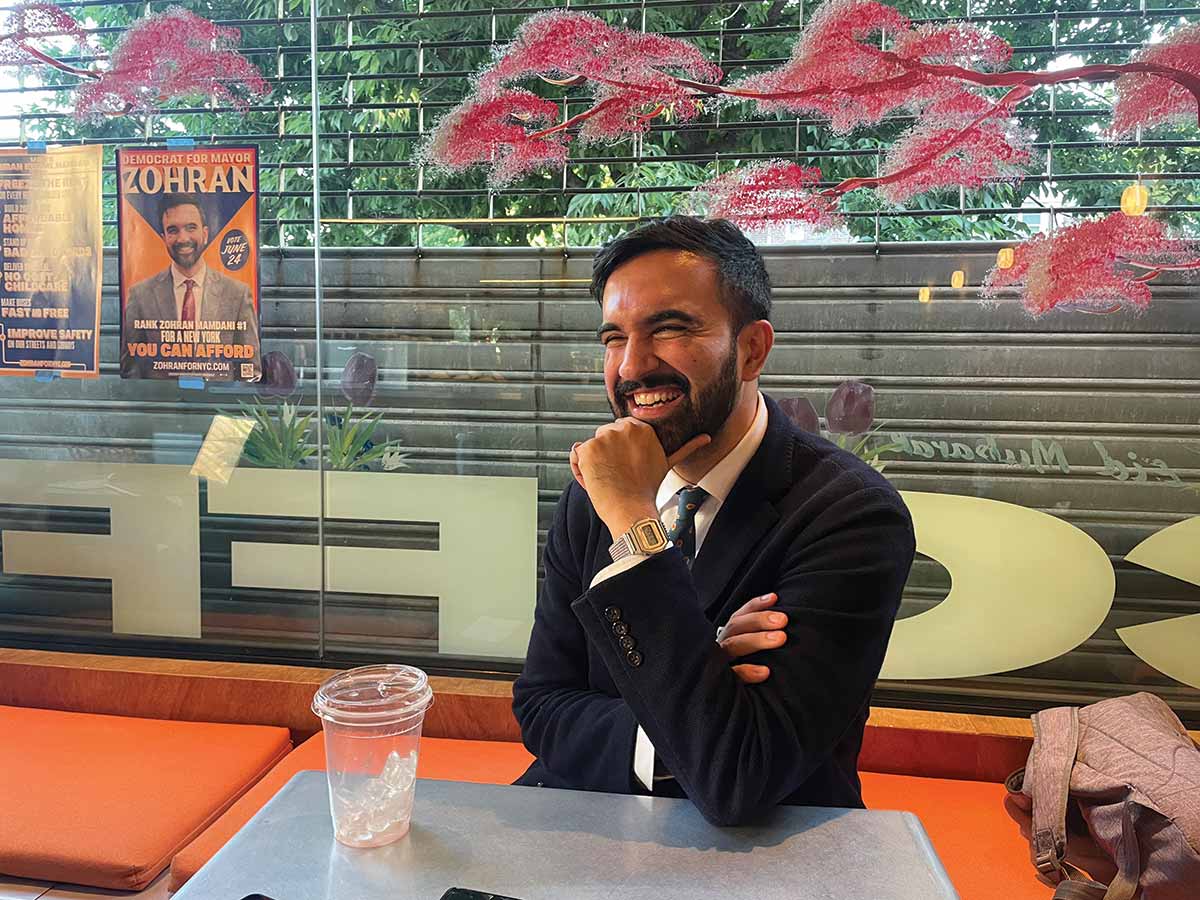 Listen HERE
Listen HERE
In The Nation’s interview with Zohran Mamdani, he talks how he won the New York City Democratic primary for mayor, by addressing the city’s affordability crisis—and what the Democrats can learn from his victory. Katrina vanden Heuvel and John Nichols, who conducted the interview, introduce our excerpts and set the stage.
Also: It’s time to take a step back from the daily barrage of bad news to look at the big picture of the strategy Trump has been following: David Cole explains how he’s exploited the power of the federal government, not just to attack his political opponents – the Democratic Party – but to weaken the institutions of civil society, which form the bedrock of democracy.
Transcript HERE 8-20-2025
 Listen
Listen 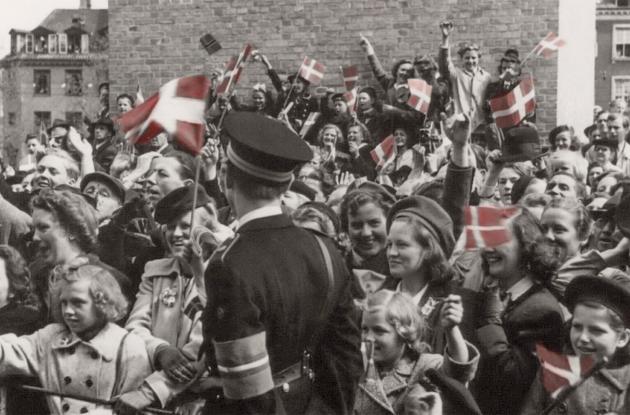 Listen
Listen  Listen
Listen  Listen
Listen 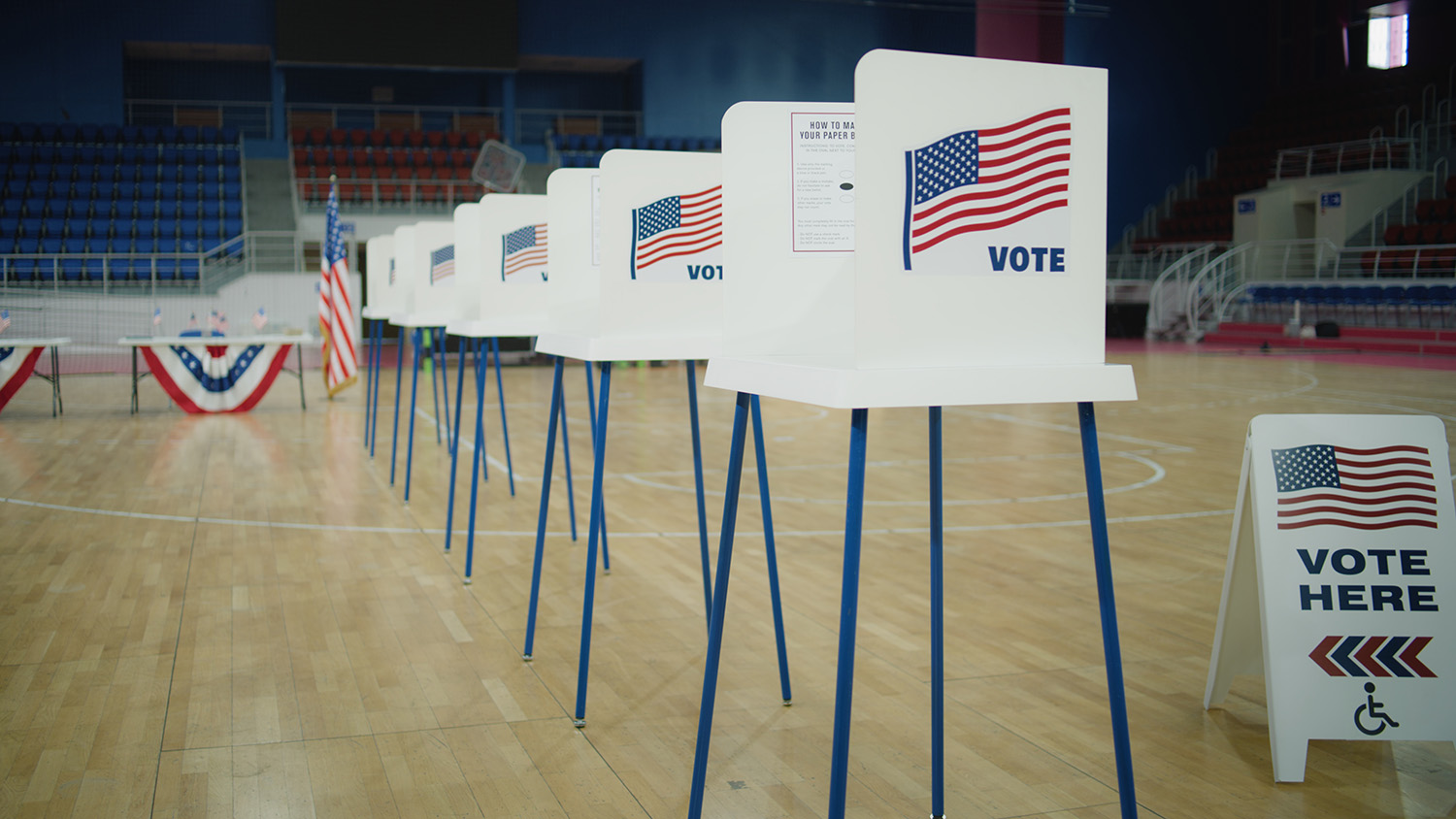 Listen
Listen 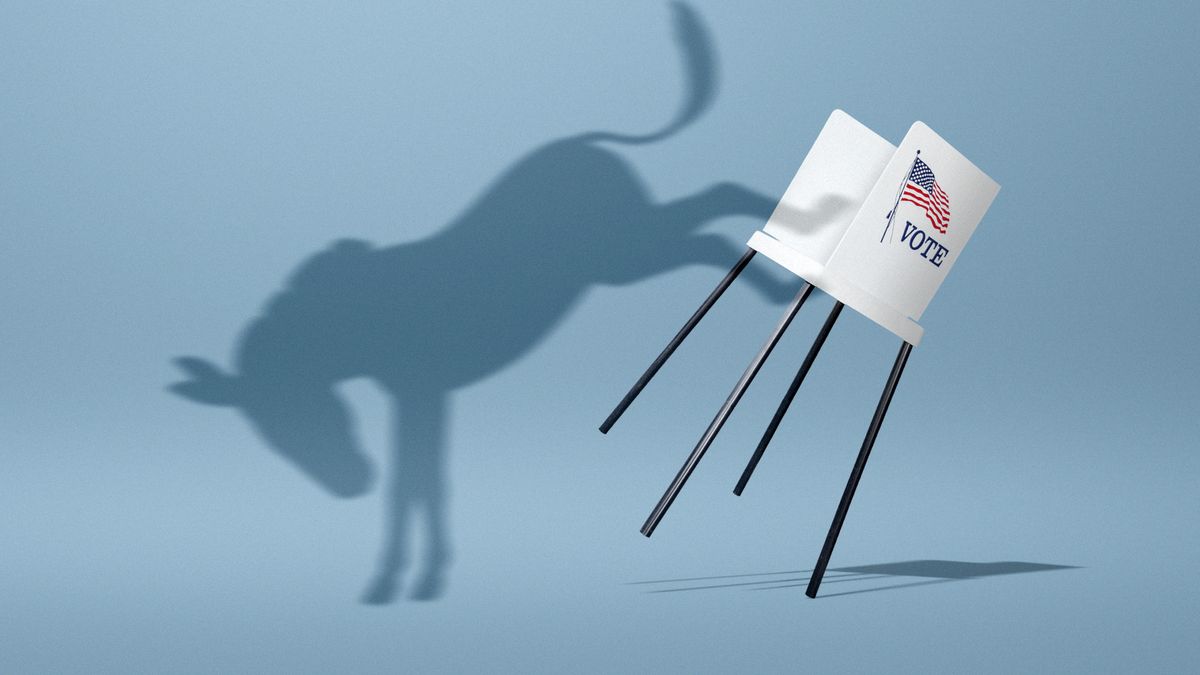 Listen
Listen  Listen
Listen  Listen
Listen 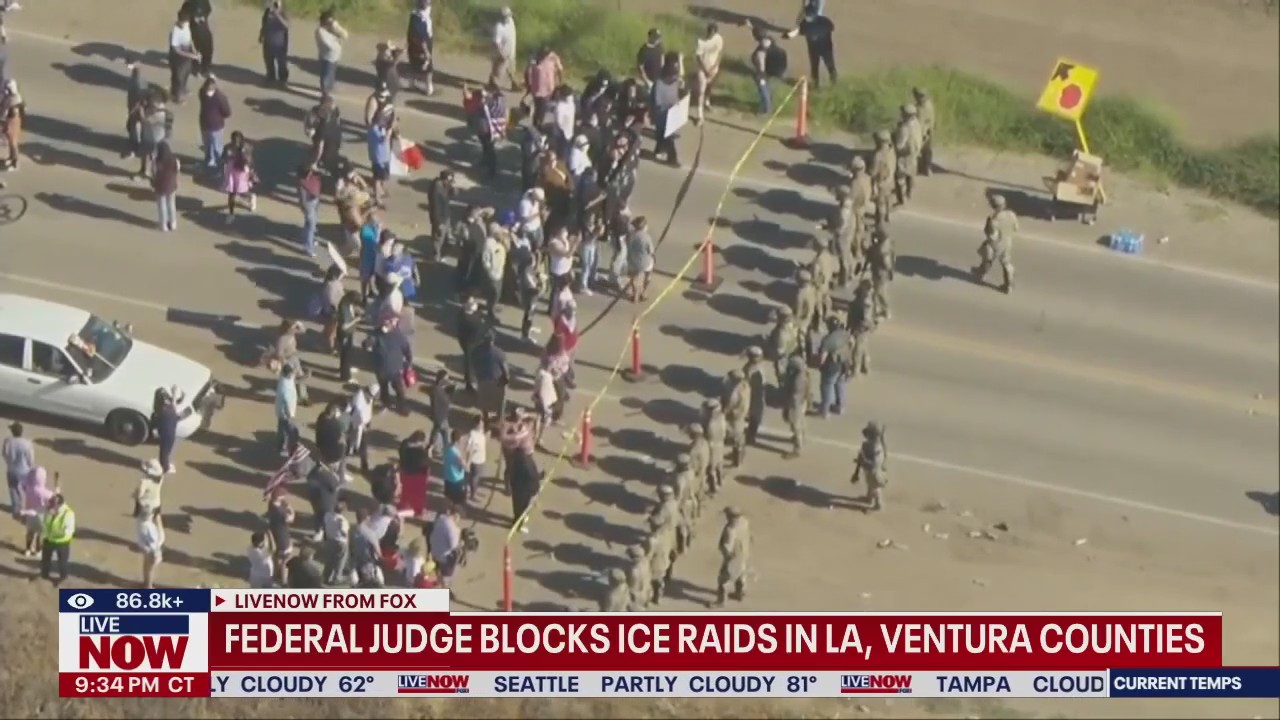 Listen
Listen 